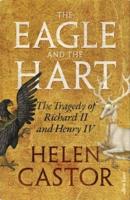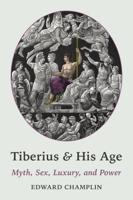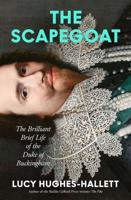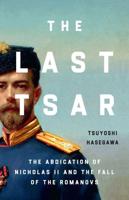Publisher's Synopsis
On June 4, 1781 Thomas Jefferson fled Monticello mere minutes ahead of the British soldiers rushing to capture him. He nearly became the most valuable American prisoner of the Revolutionary War: his life--and the momentum of the entire war--balanced on a razor's edge. In Flight from Monticello, Michael Kranish illuminates the central importance of this harrowing moment to Jefferson's life and to the fate of the young nation. Flight from Monticello is a sweeping narrative of clashing armies, of spies, intrigue, desperate decisions, and gut-wrenching battles. In vivid, precisely observed scenes, Kranish captures the tumultuous outbreak of war, the local politics guiding Jefferson's actions in the Continental Congress, and his rise to become the second governor of Virginia. A lifelong belief in the corrupting influence of a powerful executive led Jefferson to argue for a weak governorship, one that lacked the means to raise an adequate army. The state was thus woefully unprepared for the invading British troops who sailed up the James under the direction of a recently turned Benedict Arnold. Facing only rag-tag resistance, the British force took Virginia with little trouble. George Washington, alarmed that his home state--and with it, the nation--might have fallen to the British, began preparations for the historic confrontation at Yorktown. Kranish describes Jefferson's struggle to respond to the invasion and paints an intimate and compelling portrait, illuminating Jefferson's quiet conversations, his family turmoil, and his private hours at Monticello. Jefferson would be haunted for the rest of his life by his actions as governor, and his career was dogged by accusations of wartime incompetence. The lessons he learned during those dark hours would have a profound and lasting influence on his political thinking, and on the nature of the American presidency. Flight from Monticello sheds new light on a little-known yet momentous time in Jefferson's life--and in the birth of America.










